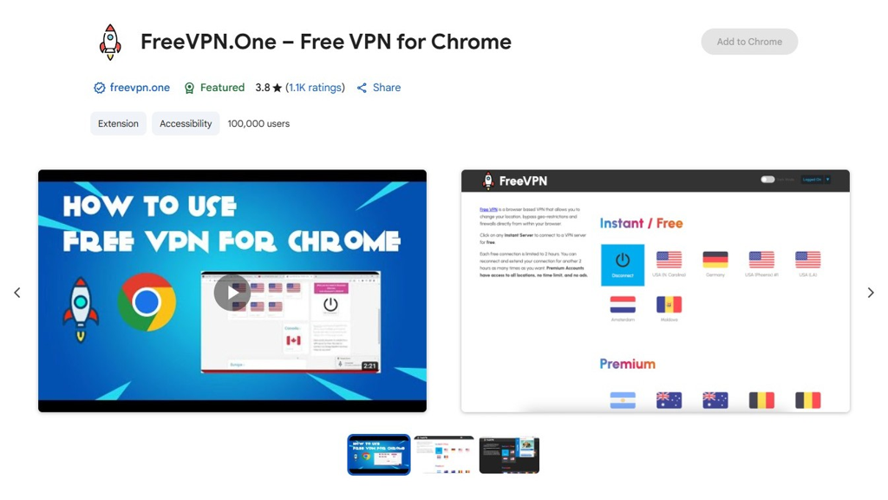A Guide to SSL/TLS Certificate Types in the Certificate Authority Market

Navigating the diverse offerings within the global certificate authority market requires understanding the different types of SSL/TLS certificates available, as each provides a distinct level of validation and trust. These certificates are primarily categorized into three main types: Domain Validated (DV), Organization Validated (OV), and Extended Validation (EV). The fundamental difference between them lies in the rigor of the identity verification process that the Certificate Authority undertakes before issuing the certificate. Choosing the right type is a critical business decision that balances cost, speed of issuance, and the level of trust an organization wishes to convey to its users. While all three types provide the same strong level of encryption for data in transit, the information they contain about the website owner's identity varies significantly, directly impacting user confidence and the perceived legitimacy of the online entity, which is a key consideration for any business operating online.
Domain Validated (DV) certificates represent the most basic level of validation. To issue a DV certificate, a Certificate Authority only needs to verify that the applicant has administrative control over the domain name in question. This is typically an automated process, often done by responding to an email sent to an address associated with the domain or by placing a specific file on the website's server. Because the process is automated and requires minimal human intervention, DV certificates are the fastest and least expensive to obtain, often issued within minutes. They are an excellent choice for blogs, personal websites, and small businesses that do not handle sensitive user data but still need to provide basic encryption to avoid browser "Not Secure" warnings and gain a minor SEO boost. However, since they do not verify the identity of the organization behind the website, they provide the lowest level of trust assurance to visitors.
Organization Validated (OV) and Extended Validation (EV) certificates offer a significantly higher level of assurance by requiring a more thorough vetting process. For an OV certificate, the Certificate Authority verifies not only domain control but also the legal existence and physical location of the organization. This involves checking official business registration documents and other third-party databases. An EV certificate takes this a step further with the most stringent vetting process defined by the CA/Browser Forum. The CA performs an in-depth examination of the organization's legal, physical, and operational existence. Historically, EV certificates triggered a prominent green address bar in browsers, though modern browsers now display the verified company name next to the padlock. The certificate authority market size is projected to grow USD 16.58 Billion by 2035, exhibiting a CAGR of 13.63% during the forecast period 2025-2035, driven by the demand for these higher-assurance certificates.
The decision between DV, OV, and EV certificates ultimately depends on the nature of the website and the organization's goals. E-commerce sites, financial institutions, healthcare providers, and any business that collects sensitive personal information should strongly consider using OV or EV certificates. The visible display of the verified organization's name provides a powerful visual cue of trust and legitimacy, which can help increase user confidence, reduce shopping cart abandonment, and protect the brand against sophisticated phishing attacks that might use a DV certificate on a look-alike domain. While DV certificates are suitable for securing non-transactional sites, the investment in a higher-assurance OV or EV certificate is a direct investment in brand reputation and customer trust, demonstrating a serious commitment to security and transparency in an increasingly skeptical online environment. This differentiation is a key dynamic within the competitive landscape of certificate authorities.
Explore More Like This in Our Regional Reports:
GCC Application Gateway Market





